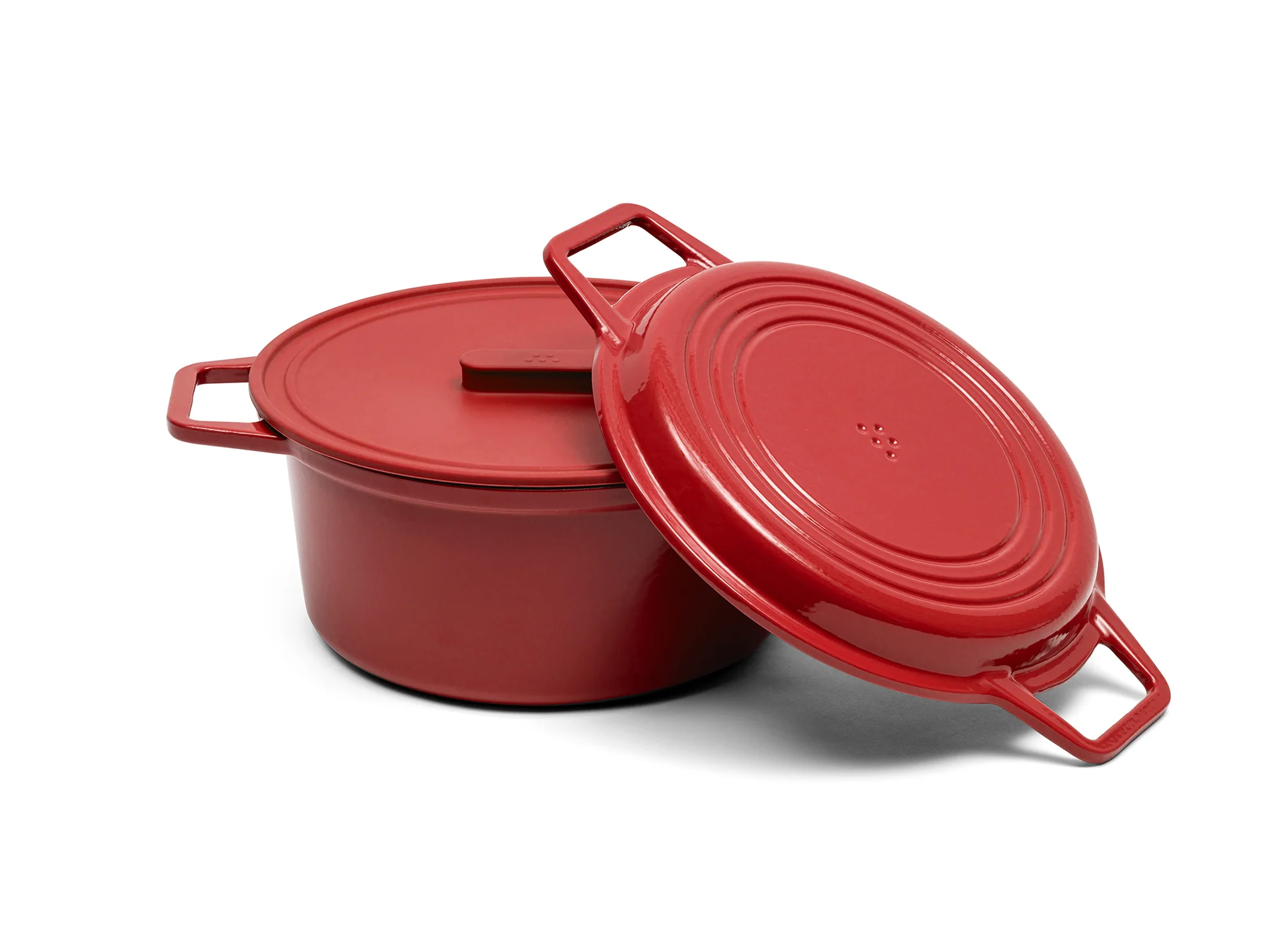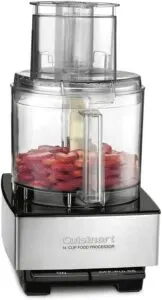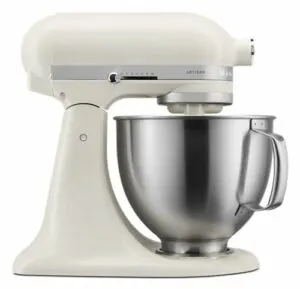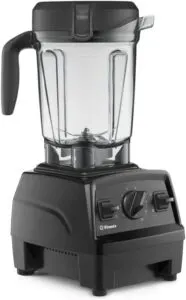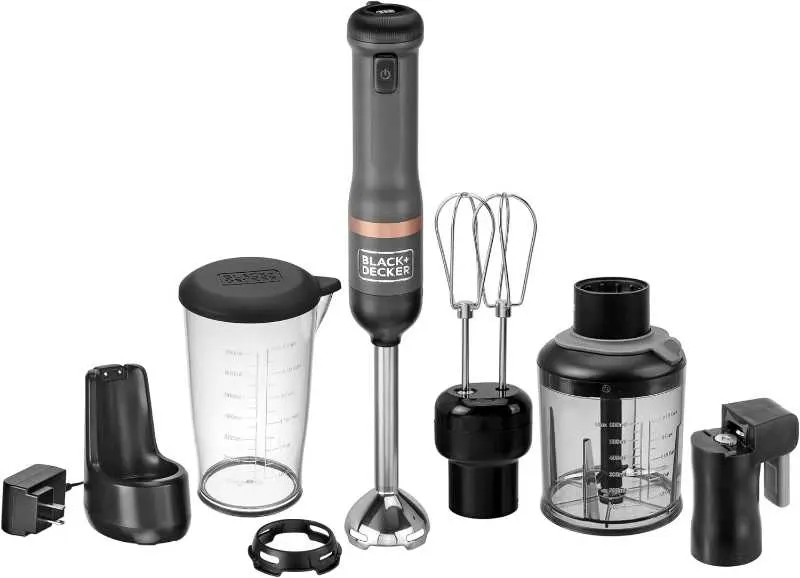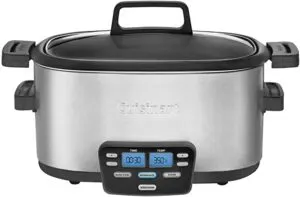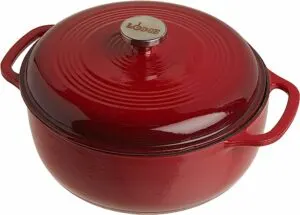Pasta sauce can be used on a pizza–with a few modifications to make it smoother and remove excess water. When it comes to pizza sauce versus marinara sauce, their key differences are in their texture and water content. Pizza sauce is prepared with as little liquid as possible in order to prevent the pizza dough from getting soggy in the oven.
It’s a bit like the differences when it comes to pizza flour versus bread flour versus all-purpose flour–they all have the same foundational ingredient, but how they are prepared and cooked impacts the final product. Pizza sauce and pasta sauce have the same core ingredients, but pasta sauce is much more complex.
Transforming Pasta Sauce into Pizza Sauce
So, you’re about to whip up a pizza masterpiece, but oops — your pantry only has spaghetti sauce. Fear not, pizza aficionado! With a bit of culinary magic (a.k.a. straining and blending), that spaghetti sauce can transform into the perfect pizza sauce base for your recipe.
The Key Differences Between the Two Types of Sauces
Pizza and pasta sauces are both savory tomato sauces. So, why aren’t they automatically interchangeable? Pasta sauce is often the star component to a pasta dish itself and will often include a much longer list of ingredients, particularly meat and vegetables. All of these flavors need to be cooked for a longer period of time in order for them to all come together. The longer it’s cooked, the more infused the sauce is.
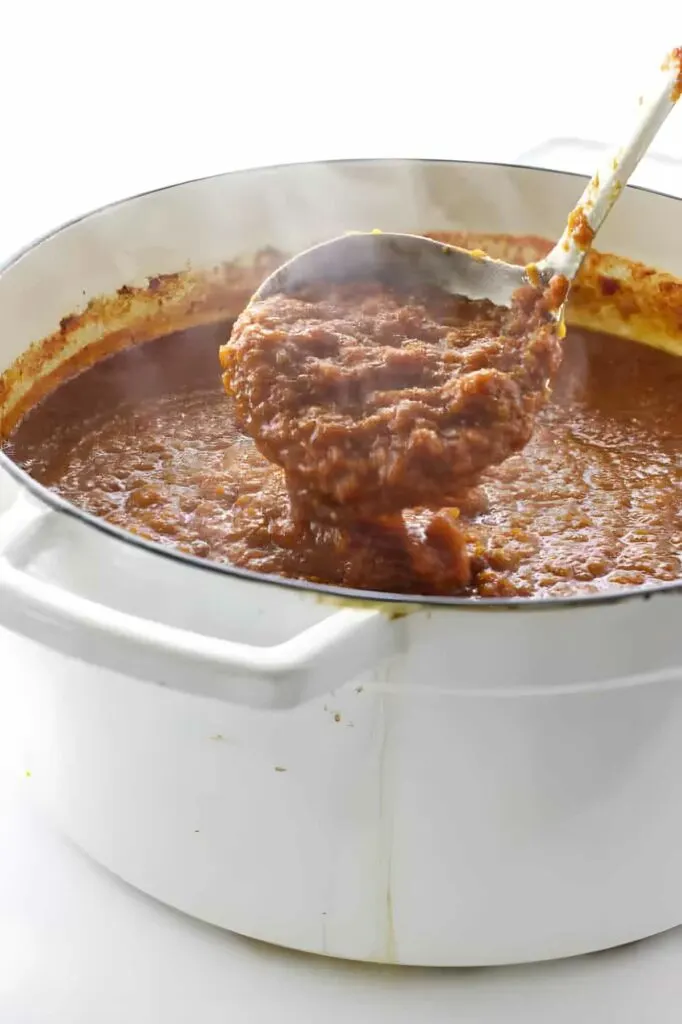
Texture
Because pasta sauce typically has prominent ingredients, it’s going to have larger pieces of those meats and veggies. It may even have chunkier pieces of the tomatoes themselves. Pizza sauces need to be thick, but they also need to be smooth. This way, they can be evenly spread on the pizza crust.
There are some exceptions to this. Detroit- and Chicago-style pizzas are famous for their rich, thick sauce–this is much more like marinara than it is a traditional pizza sauce. This type of pizza sauce is actually more of the topping than it is a thin base layer.
Water Content
Water content is really important for pizza sauce and is not nearly as much of a factor for pasta sauce. Pizza sauce is prepared to intentionally extract as much of the tomato juice as possible–tomatoes naturally have a very high water content. If the sauce is too liquidy, it will make the pizza crust soggy and compromise the structure of the whole pizza. While no one wants a watery pasta sauce, water content doesn’t need to be carefully considered.
Cooked and Uncooked Sauces
Pizza sauce can be uncooked! In fact, uncooked sauce is preferred for thin crust and Neapolitan pizzas. Uncooked sauce has a fresh, pungent tomato flavor and is usually made simply with just salt, pepper, and tomatoes.
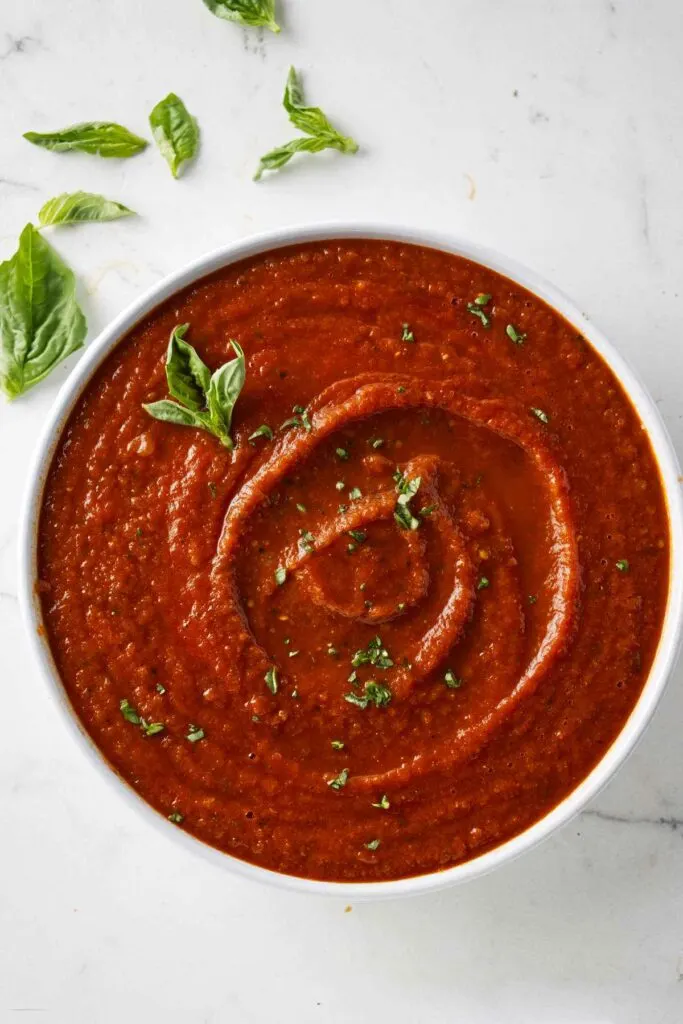
Elevating Spaghetti Sauce for Your Pie
So, the burning question on every home chef’s mind: “Can you use spaghetti sauce for your pizza creation?” Absolutely, but let’s not just slap it on there and call it a day.
Elevating spaghetti sauce to pizza perfection requires a dash of cunning and a pinch of audacity. Strain it, blend it, maybe whisper sweet nothings to it—whatever it takes to get that sauce from ‘just spaghetti’ to ‘pizza-ready’ status.
How To Make Pasta Sauce Suitable For Pizza
In a bind, it’s actually pretty easy to make pasta sauce work as a substitute for pizza sauce. The trick is to strain it through a fine mesh sieve as much as possible to reduce the amount of liquid present, and then blend several times until it’s completely smooth. You can quickly thicken it up with some tomato paste and blend again.
Because pasta sauce is already well-flavored, you likely won’t need to add any additional seasoning, but you can add more for taste. With some clever adjusting, pasta sauce can be a quick replacement for pizza sauce, and no one will ever know the difference!
More Tips to Use Pasta Sauce for Homemade Pizza
- Heat Reduction Technique: You could simmer the strained and blended pasta sauce over low heat to further reduce its water content. This can concentrate the flavors and achieve a consistency closer to traditional pizza sauce without diluting the taste.
- Herb Infusion: You can add herbs like oregano, basil, or thyme during the blending or simmering process. Even though pasta sauce is already well-seasoned, adding these specific herbs can give it that quintessential pizza sauce flavor.
- Oil Adjustment: Consider adding a small amount of extra virgin olive oil to the sauce after blending. This can help emulate the rich, smooth texture and depth of flavor found in many pizza sauces.
- Sugar Balance: A pinch of sugar can be added if the sauce’s acidity is too pronounced after reduction, helping to balance the flavors and mimic the slightly sweeter profile of some pizza sauces.
- Storage Tips: You can keep leftover sauce in the refrigerator for 3 to 5 days or the freezer for up to 3 months.


